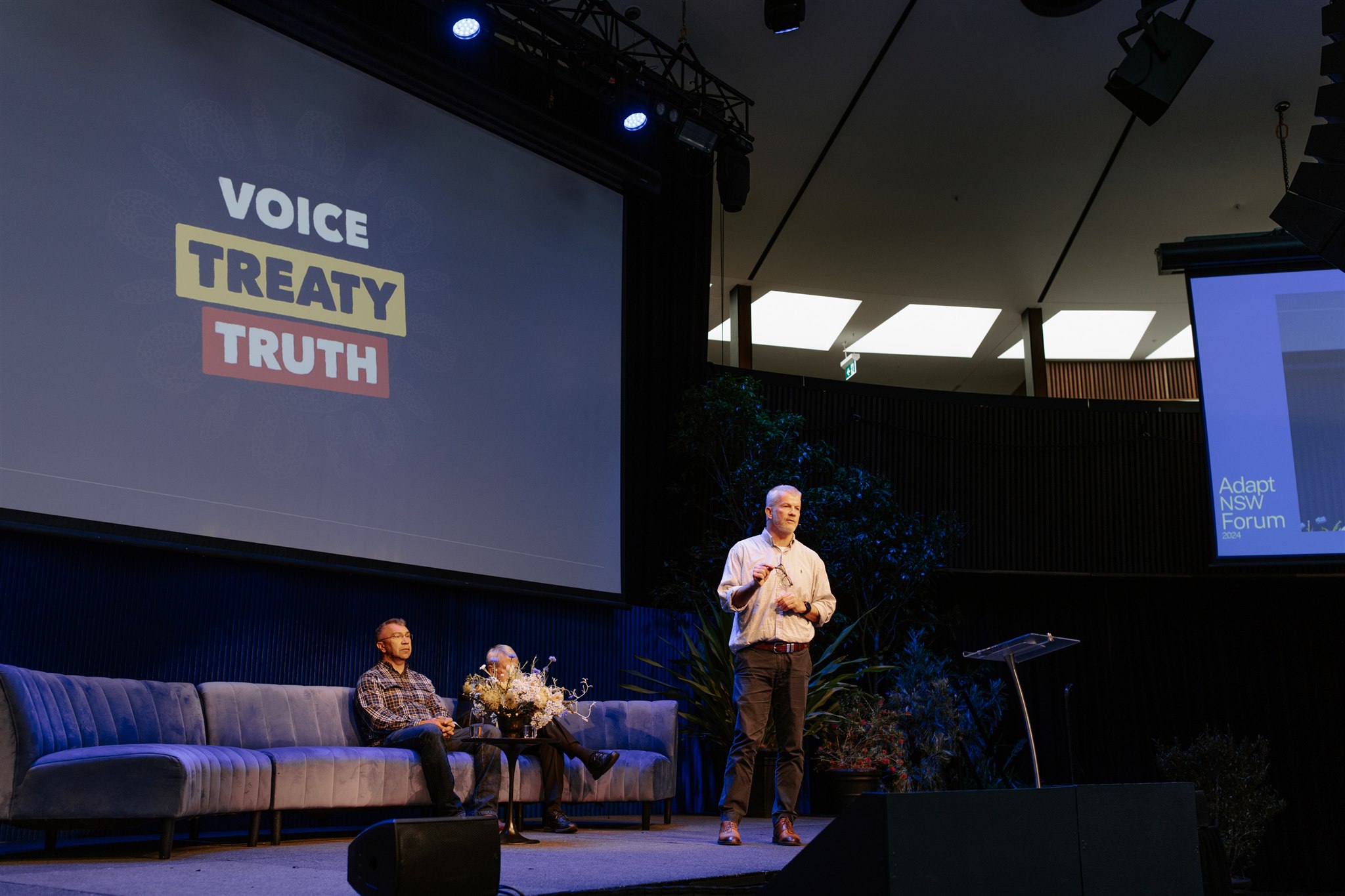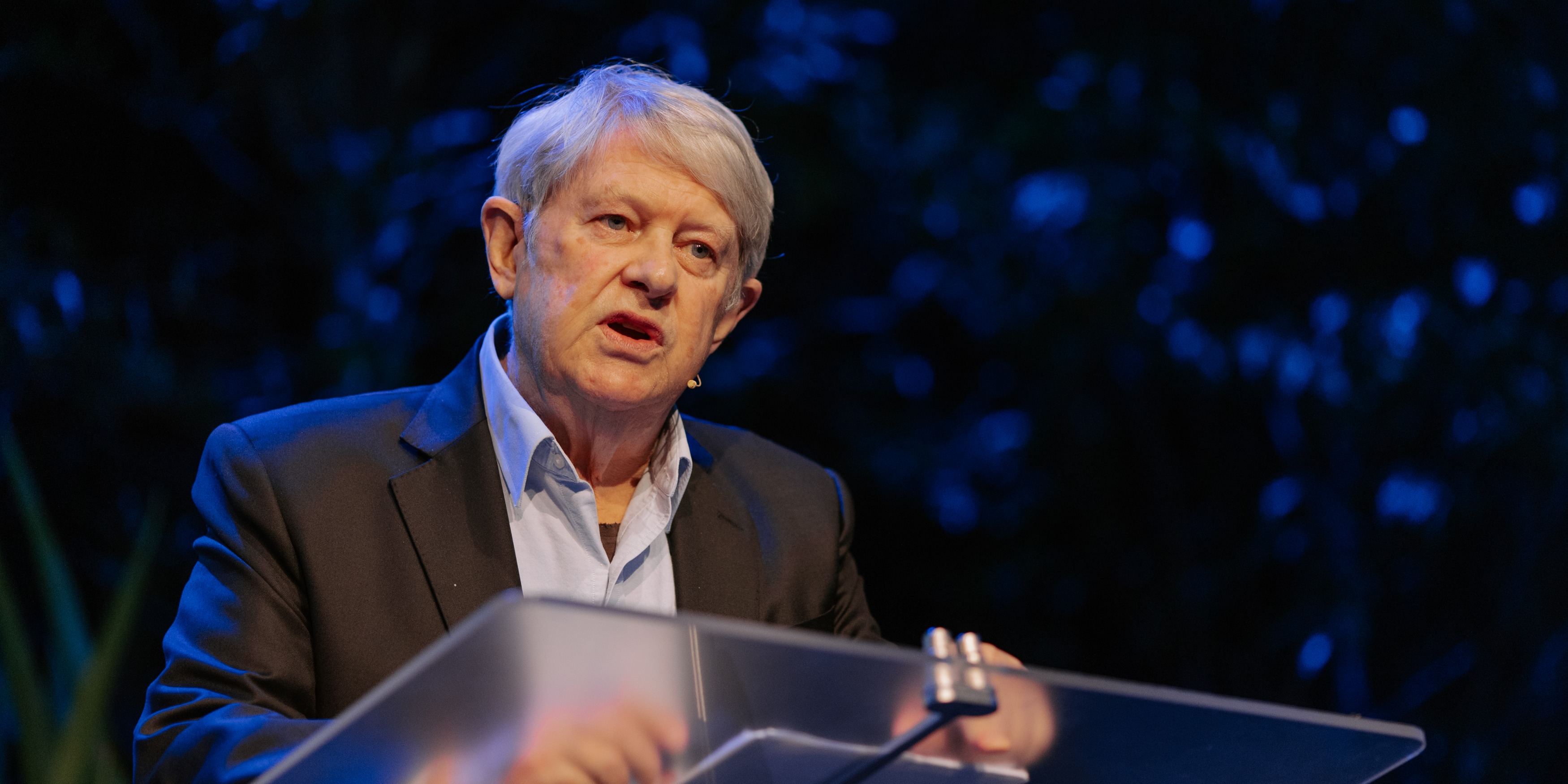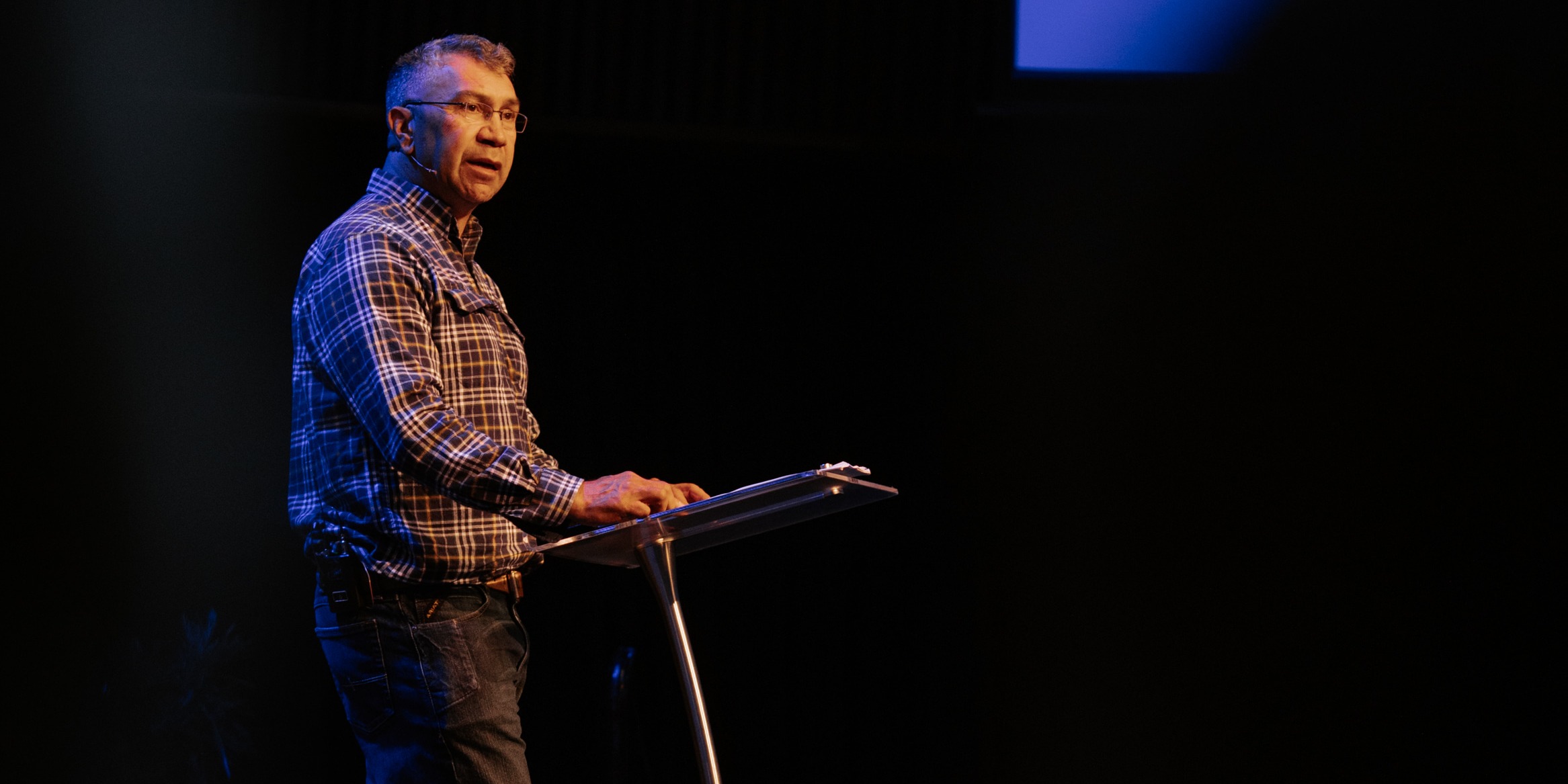How we finance our future will determine how we sustain our planet.
Climate change is already imposing significant economic costs on families and businesses. Insured losses from catastrophic weather events have tripled over three decades, for instance, rising to $4.5 billion annually in recent years.
Insurance premiums have also skyrocketed. The Australian Actuaries Institute found a record 15% of households (1.61 million) spent over four weeks’ gross income on insurance in 2024, up from 10% in 2022.
The economic barriers to adopting climate solutions – whether that’s homeowners installing solar panels, drivers adopting electric vehicles, or farmers embracing regenerative agriculture – often prevent people from making adaptive choices.
This is where income-contingent loans could make all the difference.
Bruce Chapman, Emeritus Professor at the Australian National University, was one of the architects of the Higher Education Contribution Scheme (HECS) in 1989. Bruce was also a presenter to a packed house at the AdaptNSW Forum 2024.
HECS revolutionised higher education funding by giving students a way to pay for their degrees without crippling debt. This model of income-contingent loan, or ICL, meant students could borrow from the government and repay only when their income reached a certain level. It was fair, flexible and a world first.
Now, Bruce believes it could help tackle the financing needed for climate change.
From the classroom to the climate
Over the past two decades, Bruce has extended the ICL model to diverse challenges, from drought relief for farmers to disaster recovery. The model allows people to “borrow from yourself in the future when you’re doing well – and only when you’re doing well – and to give you the resources now when you're not,” Bruce said.
Climate change comes with so many unknowns. “One thing we know about climate change is that everything becomes more uncertain,” he said.
Take farming. Agricultural profits fell 23% over the 20 years to 2020 as a consequence of climate change, and the Australian Bureau of Agricultural and Resource Economics and Sciences suggests this trend will continue.
“We've got huge variants already in the revenue consequences of agriculture. As the globe warms, then it not just gets hotter, but the variance in temperatures gets bigger. The variance in revenues in farm properties gets bigger.” Revenue-contingent loans based on farm revenue are a “potent” solution because this type of finance “dissipates the risk in equitable ways,” Bruce said.
The beauty of this approach is that it removes the financial risk for individuals. When circumstances change, repayments pause until the borrower is back on their feet. It’s the same principle that has made HECS a safety net for millions of Australian students.
This planet is in deep trouble. And one of the problems is financing… How can we best finance the purchase of solar panels? How can we electrify the country in a fair way? The answer is income-contingent debt.
Bruce Chapman, Emeritus Professor, Australian National University
Stories sow the seeds of change
Paul Girrawah House is Founder of Waluwin Foundation, a social enterprise established to return Aboriginal people back to a productive, sustainable life of Country.
Waluwin Foundation draws on 60,000 years of First Nations knowledge to design innovative financial solutions like the ‘Mother Earth Loan’. This adaptive financing model addresses the unique challenges faced by Indigenous farmers and landholders.
During the AdaptNSW Forum 2024, Paul shared the story of his great-great-grandfather, Henry ‘Black Harry’ Williams, to highlight the systemic dispossession of Aboriginal people. A skilled farmer, stockman and tracker, Black Harry straddled two worlds: his Ngambri culture and encroaching European settlement. In 1895, he “adapted” to the colonial government, leasing 200 acres of ancestral land near Wee Jasper in New South Wales and building a self-sufficient life for his family. Yet, in 1903, this hard-won success was torn away when the colonial government revoked his lease simply because he was Aboriginal.
“His family of ten were forcibly removed from their farm and land to live and beg on the fringe of society. The second wave of historical dispossession created ongoing intergenerational trauma and modern-day lateral violence,” Paul said.
Ancient wisdom, modern finance
Paul’s colleague and Advisor to Waluwin Foundation, Chris Andrew, challenged the finance sector to reconsider the rigidity of conventional loans. Australia has imported a 200-year-old financial model that doesn’t account for droughts or floods.
At the moment we have a grant and loan system that’s trying to make everything failsafe. We've got this mindset that we’ve got to prevent failure. Why don’t we make our finance safe to fail? Safe to have a drought? Safe to have a flood? We see the results of that non-adaptive financial thinking. We see farmers dragging half-dead animals across dust. We see millions of hectares of habitat destroyed. We see farmers and regional communities suffering mental health issues in higher and higher numbers. Not very adaptive
Chris Andrew, Advisor, Waluwin Foundation
What happens when we ask Aboriginal people to design finance that incorporates a 60,000-year history?
The result is what Chris and Paul call the ‘Mother Earth Loan’. This loan adjusts to environmental conditions. Payments pause during hardship and resume during prosperity and are tailored to land stewardship and climate resilience. “We get a loan that’s designed based on 60,000 years of knowledge to manage this landscape. That is what the Mother Earth loan is about. And it works a lot like HECS,” Chris said.
Bruce agreed, emphasising the critical role of political leadership in driving financial innovation. “I’ve talked to governments in 20 countries, and the only time these ideas gain traction is with strong political leadership,” he said.
Finance is a tool that reflects societal values. Those values must evolve to address climate change – and that means embracing new thinking and listening to the ancient wisdom of those who have cared for Country for 60,000 years.
Check out more stories from the AdaptNSW Forum 2024.
60,000 years of adaptation: How well are we integrating our history into the way we design our future?
AdaptNSW 2024 Forum
The AdaptNSW Forum 2024, ‘deep understanding, bold action', attracted 500-plus attendees who heard from more than 100 presenters across 36 breakout, panel, workshop and keynote sessions in October 2024. Check out the program highlights and watch recordings of key sessions.


